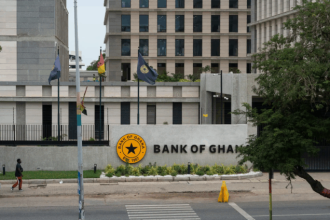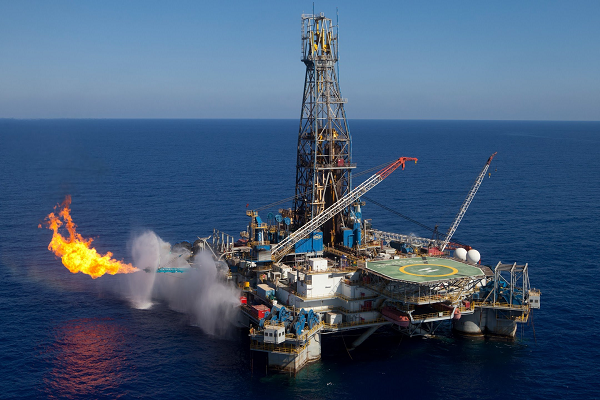It seems that there is no end in sight for the Russia-Ukraine War, with tensions more likely to escalate rather than thaw. Finland and Sweden are on course to join NATO having completed their accession protocols while Moldova and Ukraine have been assigned NATO candidacy.
Putin has made it clear that if NATO builds infrastructure in either Finland or Sweden then Russia will “respond in kind”. A further escalation of this war will have serious consequences for global energy markets, and the effects of the resultant energy crisis will be particularly pronounced in developing countries like Pakistan.
The IEA has recently issued a warning that Germany will face a serious energy crisis as Russia might stop its gas flows to the country. Policy-makers in Germany have already called for emergency measures, the second stage of which will include energy providers passing on the cost to consumers. In the third stage, the country will initiate gas rationing that will threaten companies in the chemical, aluminum, and glass industries. Gas flows from Nord Stream 1 are already down 60 percent. Natural Gas prices in Europe have risen by 700 percent since the beginning of the year.
While Russia saw a decline of around 554, 000 bpd of oil demand from Europe from March to May, Asia came to the rescue by buying 503,000 bpd. However, the LNG that was previously going to Asia will now be going to Europe which will drive LNG prices to historic highs. According to Platts, the U.S., in particular, has increased its exports to the EU.
All of this will have a significant impact on countries like Pakistan. The country has been forced to import fuel oil to replace LNG. Fuel oil imports hit a 4-year high last month. Pakistan has already been suffering severe energy shortages with blackouts, also known as “load-shedding”, extending for up to 16 hours a day. This is when South Asia is experiencing an unprecedented heat wave with temperatures reaching 50C.
Pakistan will not be able to get two cargoes from Qatar arranged for August. Pakistan LNG Limited (PLL) and the government has been issuing tenders to get their hands on more cargoes but to no avail. The government is now on course to face a shortfall of 500 mmcfd. The lack of LNG will only exacerbate the current electricity crisis in Pakistan. The total shortfall of electricity is 7,000 MW with total power generation at 28,638MW.
Falling reserves and rising coal prices are a recipe for disaster as Pakistan is running out of options for affordable energy. The energy crisis is intimately tied to the country’s growing economic worries. Securing coal from Afghanistan, for example, can cost $25 million on a weekly basis. According to Bloomberg, Pakistan needs $41 billion over the next 12 months to avert a full-blown economic crisis.
The energy and economic future of countries like Pakistan are more dependent than ever on European politics. Due to the tensions between Russia and the EU and the fact that Europe is trying to secure as much LNG as possible, energy prices have touched levels that developing countries like Pakistan simply cannot afford. According to one estimate, during the current fiscal year, the LNG cost will touch $5 billion for the country which is twice as high as last year. Furthermore, Pakistan’s LNG imports saw a drop of 15 percent due to the factors above while that of Europe has surged by 50 percent. LNG prices have increased by almost 50 percent since the 19th of June.
The Nord Stream 1 pipeline has gone under maintenance and there are concerns that it might not come online again. In such a situation, natural gas prices, and the price of alternatives such as coal, will skyrocket. That will not only put extraordinary pressure on Pakistan’s national exchequer but will also plunge the country further into blackouts as it battles a serious heatwave. Natural gas is also used to make fertilizers, meaning high prices will impact the availability of food stocks, worsening the food crisis. Rising inflation only adds to the list of issues.
The whole situation perfectly fits what Adam Tooze describes as the Polycrisis in his book, The Shutdown. The political is colliding with the economic. The ideological is locking horns with the pragmatic. Until or unless there is a thaw in the fight between Russia and Ukraine, developing countries like Pakistan will find themselves between a rock and a hard place, struggling to balance the economy and the expectations of the people.
Pakistan’s future, like many other countries, will now be decided thousands of kilometers away in the halls of the European parliament and the Kremlin. As always, there is a downside to too much connectivity.
















